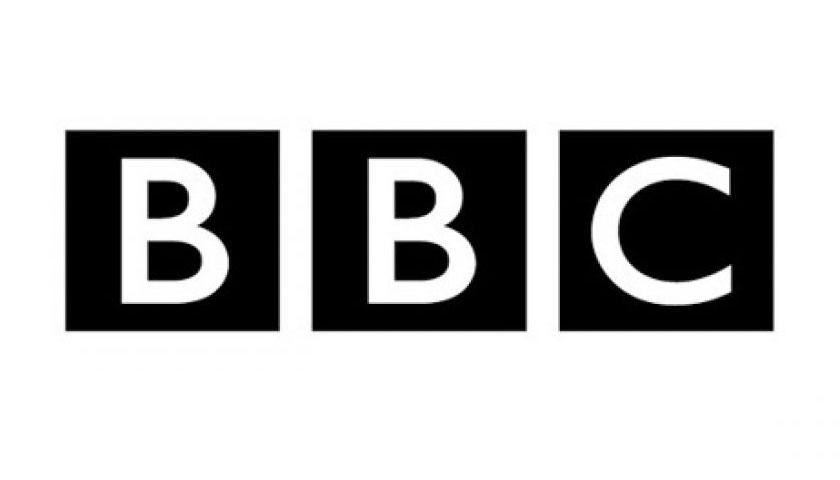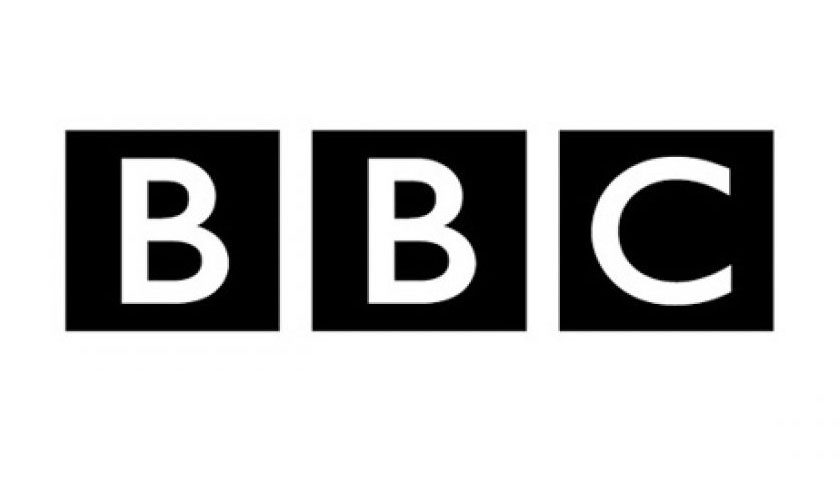The BBC has published the second progress report on meeting its Diversity Commissioning Code of Practice, which highlights the investments and support that the BBC has implemented over the last year to help continue to build an increasingly diverse and inclusive organisation and output.
It also reveals the progress the BBC has made when it comes to representing and authentically portraying the diverse communities of the whole of the UK.
The Code of Practice was published in 2018 and puts diversity at the heart of the BBC’s commissioning processes and reporting framework across TV, radio, online and digital content. It standardises the approach across all output by continuing to ingrain diversity into everyday discussions around all of its commissions at the beginning of the creative process; agrees the detail of what each production will do to increase diversity, on-air and off-air, before the commission gets the go ahead; ensures there is an ongoing dialogue and support for producers to achieve agreed diversity commitments; and it’s used to assess productions on delivery to check whether diversity agreements were met.
June Sarpong, BBC’s Director of Creative Diversity, says: “We know what we want to achieve; creativity that thrives because of diversity of thought, delivers innovation, enhances performance and content that reaches the widest audience possible. The BBC’s Diversity Commissioning Code of Practice is a cornerstone of that process of progress and change.”
The creation of content involves collaboration with partners across the industry and the Code also sets out what the BBC expects from the production companies, talent, writers, directors and other suppliers it works with to deliver effective representation and portrayal.
Miranda Wayland, BBC’s Head of Creative Diversity, says: “We are incredibly proud of this year’s report which will further underpin both our £100 million investment and the 20% off-screen diversity target for all new commissions coming into effect on 1 April 2021. We look forward to evidencing the Code’s impact on greater representation both on and off screen in next year’s report.”
SW
The report highlights the great work the BBC has been doing in this area including:
Dark Money
Addai’s Dark Money (The Forge Entertainment) examined the effect on a family when their son is abused by a powerful Hollywood producer – and they are paid to stay silent.
The Forge Entertainment Executive Producer, Mark Pybus explained that in Dark Money the principles of the Code of Practice were essential.
Mark says: “Whilst race and class undoubtedly inform Dark Money, the joy of Levi David Addai’s characters and scripts is that they explored issues of identity in a very real and human way in what otherwise could easily have become a sensationalised story. Care and sensitivity in our casting was essential, particularly with the opportunities that were offered up for new diverse talent, in order to achieve a similar authentic feel in the central cast for the show and to make sure we accurately reflected modern Britain.”
Man Like Mobeen
Man Like Mobeen (Cave Bear and Tiger Aspect), which has been supported by the BBC’s Diversity Fund, returned for its second series in 2019 and third in 2020. Ahead of filming the third series, Guz Khan launched a training scheme in partnership with BBC Comedy, Film Birmingham and Tiger Aspect, offering eight entry-level positions for individuals from all backgrounds in and around Birmingham to get first-hand experience of the TV industry by working behind the scenes on the show’s production. The eight candidates worked in departments such as directing, producing, costume, make-up and camera work and were paid £550 a week. Four of the placements were funded by BBC Comedy, with two places funded by Film Birmingham and two funded by Tiger Aspect.
Damian Kavanagh, MD Tiger Aspect Productions, says: “We are extremely proud of Man Like Mobeen here at Tiger Aspect. The show deftly balances laugh out loud moments with Mobeen and the residents of Small Heath and actually having something to say about the world they inhabit. The BBC trainee scheme on the last series provided a rare opportunity for a brand new generation of talent to get their first steps on the ladder in TV production and will help to enrich the creative talent pool which is key to the future health of our industry.”
Small Indie Fund
In January 2020, the BBC launched its small indie fund which ring-fenced £1 million per year to support small independent production companies – 25% of the selected companies are diverse-led, they each get a commissioning mentor and a bespoke support package.
BBC 50:50: The Equality Project
The BBC’s 50:50 Project inspires and supports content makers to represent women and men equally. The voluntary system of self-monitoring is the BBC’s biggest ever collective action to increase women’s representation it is content. Having started in one small team in the newsroom in 2016, it has now grown across global media and covers 600 teams and over 4,000 producers and content creators across the BBC.
Despite the coronavirus lockdown in the UK, the data from the second 50:50 challenge in March 2020, strongly indicated that cultural change is taking hold at the BBC, and that it is sustainable. Two-thirds of datasets reached 50% women contributors during March 2020, which was a 9% increase on the previous year. Of teams who have been part of the initiative for at least two years, 78% reached this target during the challenge month.
Following this success, its remit will be expanded to further include targets for Black, Asian and minority ethnic (20%) and disability (12%) aligned to the BBC’s current diversity and inclusion strategy.
BBC Children’s Commissioning Guidelines
The commissioning guidelines held by BBC Children’s reflect the priority of diverse representation and authentic portrayal. Suppliers are asked to develop proposals which reflect diversity at their heart, feature storylines and strands which reflect diverse issues, and reflect diverse communities incidentally. These guidelines have helped produce successful diverse programming from football drama Jamie Johnson, to Waffle The Wonder Dog.



